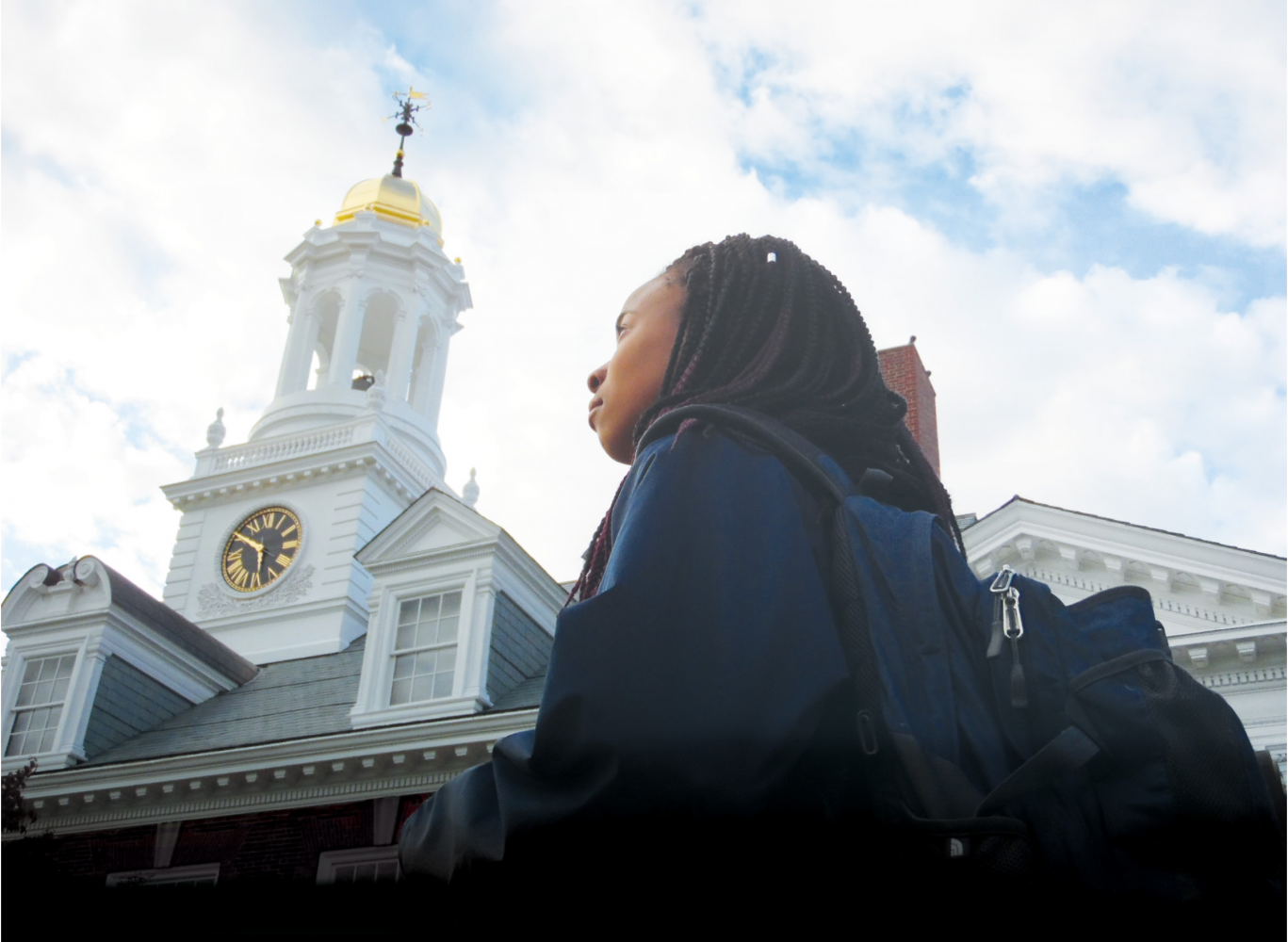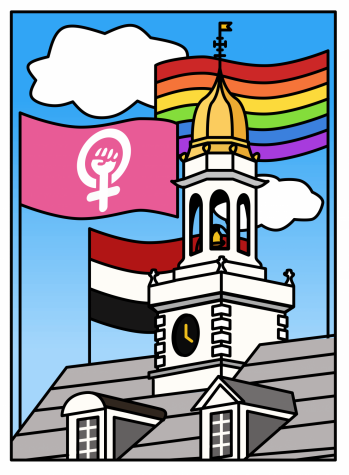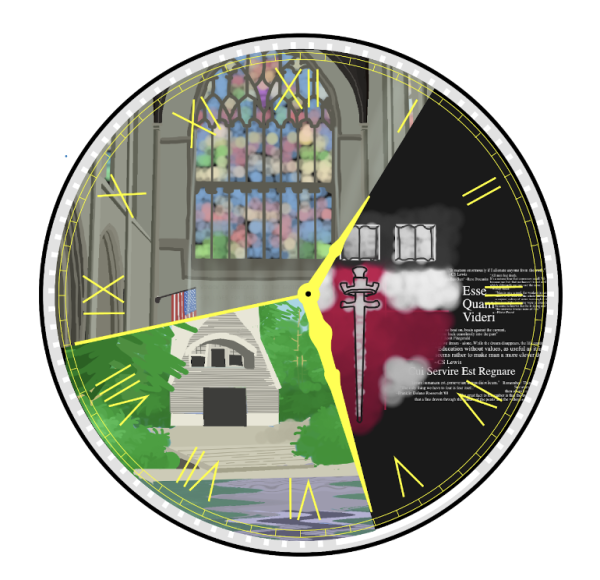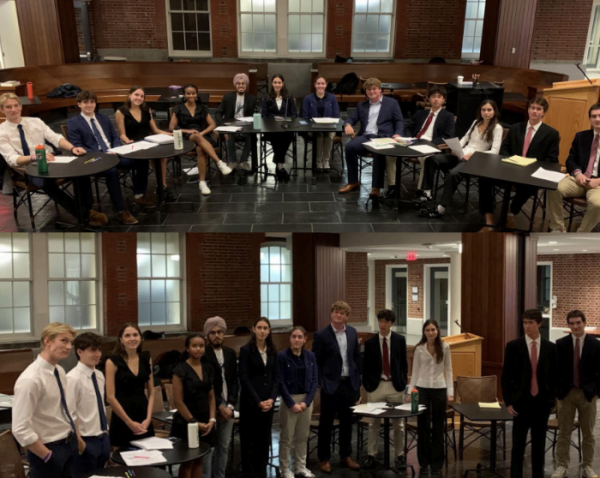GRACE Turns Two: Progress, Pushback
Picture this: you’ve just finished the final chapel service of the year, shaken the hands of all the faculty and are ready to move onto summer vacation. A three-month span, free of school’s strict scheduling and commitment – the world, as they say, is your oyster. And you don’t take a job or an internship just yet. Instead, you wait a few weeks and march right back to Groton for four more weeks of classes.
To many, this summer might seem unenviable. Nevertheless, 21 students chose to attend Groton Accelerate Challenge Enrich (generally referred to by its loose acronym, GRACE). The program, now in its second year, provides rising fourth formers the opportunity to “accelerate their academic progress,” in the words of its mission statement. Physics teacher Dave Prockop, who directs the program, said that students attend GRACE for “a real range of academic purposes.”
GRACE offers two course types: “A” courses allow students to prepare for courses they already plan to take, while “B” courses provide students the opportunity to skip levels and enroll in more advanced courses the following fall. Students may take two A courses or one B course, and can seek permission to take two B courses. Mr. Prockop said that students are “explicitly warned” of the difficulty of a two-B program and allowed to do so only after a vetting process involving the student’s advisor and teachers. (A small number of students who seek two B courses are denied each year.)
The program’s proponents say that it allows unsteady students to gain footing in difficult subjects, and ensures that talented students who come from less-challenging middle school programs aren’t at a disadvantage – in 2016, Headmaster Temba Maqubela spoke about this very “preparation gap” as he explained GRACE to parents. Bridget Cornell ’19, who attended the program in its first year, said that “GRACE is great because it allows you to form bonds with people you may not normally interact with, while getting ahead in a subject you enjoy.”
Yet not all are convinced. For some students, attending GRACE meant immersion in an unhealthy level of competition, especially in B courses. By its nature GRACE attracts students who wish to take more-advanced classes, which may contribute to some students’ feelings that the program fosters a competitive environment. Kochoe Nikoi ’19, who took Geometry B last year, said, “I think that in a school where there is already an inherent feeling … of having to be [your] best self … it’s unhealthy for kids to try and be better than everyone else around them as well.”
In addition to such pressure, the coursework for some students taking two B courses made the program difficult. One of these students, Richa Pillai ’20, described herself as having to work “harder than in the normal school year.” Students taking A courses did not seem to feel such pressure – Olivia Ting ’20 noted that her “more remedial” coursework made for a less stressful experience. Mr. Prockop reports that although almost all students wrote in a survey that the program was challenging, all but two wrote that they would recommend GRACE to a peer.
One of the largest changes in GRACE’s second year was a reduction in scheduled entertainment afternoons. Director of Enrollment Management Cort Pomeroy, who plans weekend and afternoon activities for the program, chose to give students more free time in response to feedback from GRACE’s first year. Students had Tuesday and Thursday afternoons free, when previously they had scheduled (and obligatory) activities every weekday.
Weekday afternoon activities included large games of a dodgeball and a recreation of The Hunger Games’ titular competition, while weekend and evening outings included whitewater rafting and a trip to a go-karting track . Such entertainment was largely popular; attendant Maddie Culcasi ’20 said, “The outings and afternoon activities helped a lot to talk to and get closer with people I hadn’t really known before this summer.” Rajit Khanna ’19, who went to GRACE in its first year, said that “the activities were a lot of unexpected fun.”
But for some students, the reduction in scheduled activity was not enough. Teddy Carlin ’20 called GRACE “overscheduled” and “falsely advertised” in respect to the amount of free time participants would have. For students who took two B courses, this narrative goes further – the class time required to adequately cover two subjects precluded participation in some weekday off-campus outings. Richa confirmed this, but said that her time was still enjoyable and that she could spend time with the six other students taking comparable course loads.
GRACE is not the only program running on campus during the summer. Groton shares its campus with students of Epiphany School in Dorchester, MA, and Groton students serve as counselors for the four-week enrichment program.The scheduling of GRACE and the Epiphany School Summer Intensive did not overlap as significantly as they did last year, and so GRACE scholars had only one opportunity to volunteer with the program. Teddy, who did so, said he “really enjoyed it” and was “disappointed” that he could not do more with Epiphany students.
For GRACE’s teaching faculty, however, enthusiasm for GRACE seems high. English teacher John Capen, who ran English A, said, “It’s been wonderful to be in class with [these students].” Mr. Pomeroy echoed these sentiments: “I had a lot of fun. The kids were really great to work with and represented the school very well.”
As another round of scholars joins GRACE in 2018, the faculty hopes to continue developing the program so that it can, in Mr. Pomeroy’s words, “serve the students who come very well.”
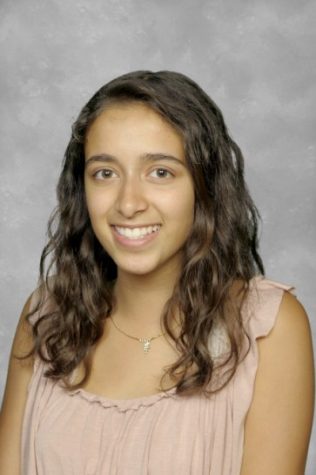
Lily Cratsley '19 is very excited to step into the role of Editor-in-Chief of the Circle Voice. Since fourth form she has been a consistent contributor, writing for...


